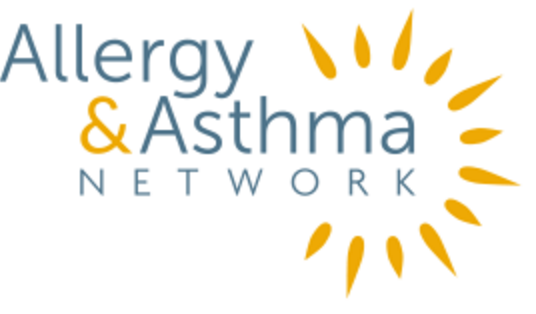How are allergies treated?
Several treatment options are available for allergies including:
- avoidance of allergens
- medication
- nasal sprays and washes
- allergen immunotherapy
What medications are used to treat allergies?
The wide range of allergy medicines may seem overwhelming – but if you understand how different medications treat allergies, you’re one step closer to control.
Read medication labels carefully and follow dosing and safety instructions.
Talk with your allergist or pharmacist about any possible side effects, especially if you’re a woman who is pregnant or breastfeeding.
Antihistamines
Antihistamines are the most common medicines used to treat allergies. They are available over-the- counter and by prescription. Taken as pills, liquids, nasal sprays or eye drops, they can be used by both children and adults.
Antihistamines do exactly what they describe – they block histamine, the chemical released in allergic reactions that causes allergy symptoms, including sneezing, runny nose, hives and red, itchy, watery eyes.
Antihistamines can be used on an “as needed” basis because they relieve symptoms quickly, but they become more effective when used daily. It’s best to use them before your allergy season begins to build long-term effectiveness.
Dozens of brand name and generic antihistamines are available; talk with your doctor about which is best for you.
First-generation antihistamines such as diphenhydramine (Benadryl®) tend to make you drowsy; don’t take them when you have to do any activities that require you to be alert. Also, recent research suggests there’s a link between long-term use of Benadryl and memory loss, so be sure to talk with your doctor before using Benadryl.
Newer antihistamines such as loratidine (Claritin®), fexofenadine (Allegra®), desloratadine (Clarinex®) and cetirizine (Zyrtec®) cause less drowsiness.
Nasal Corticosteroid Sprays
Nasal corticosteroid sprays and eye drops are designed to prevent and soothe inflammation in nasal tissues and airways. They are available over-the-counter and by prescription.
These non-sedating medications treat congestion, sneezing, runny nose and irritated, watery eyes; they start working quickly, but you may not feel the full effects for several weeks.
Doctors generally recommend that you start taking these medications a few weeks before your allergy season starts, or regularly if you have year-round symptoms.
Proper technique is critical to get the results you need for relief from symptoms.
Leukotriene Modifiers
Leukotriene modifiers treat allergic rhinitis. They are designed to block leukotrienes, chemicals involved in allergic reactions such as inflammation, swelling and constriction of airways.
Montelukast (Singulair®) is a leukotriene modifier available by prescription as tablets, chewable tablets and sprinkles (for children).
Montelukast is prescribed for adults and children ages 6 years and older. Your doctor will advise you on the best time of day to take the medication. It is recommended that it be taken at the same time every day.
Mast Cell Stabilizers
Mast cell stabilizers prevent the release of histamine that causes inflammation. They address symptoms such as runny nose, stuffy nose, sneezing, postnasal drip and itchy eyes.
Cromolyn sodium (Nasalcrom®) is available as an over-the-counter nasal spray and prescription and over-the-counter eye drops.
They work best if used at least one week before your allergy season begins. They do not treat allergy symptoms that have already begun.
Doctors generally recommend that you start taking these medications a few weeks before your allergy season starts, or regularly if you have year-round symptoms.
Anticholinergics
Anticholinergics treat seasonal allergic rhinitis and nonallergic perennial rhinitis and relieve runny nose symptoms – usually when it’s a clear discharge – by reducing the formation of mucus.
Ipratropium bromide (Atrovent®) nasal spray is a prescription anticholinergic medication. Side effects may include nose dryness and irritation.
© 2021 Allergy and Asthma Network

Last updated : 12/11/2020